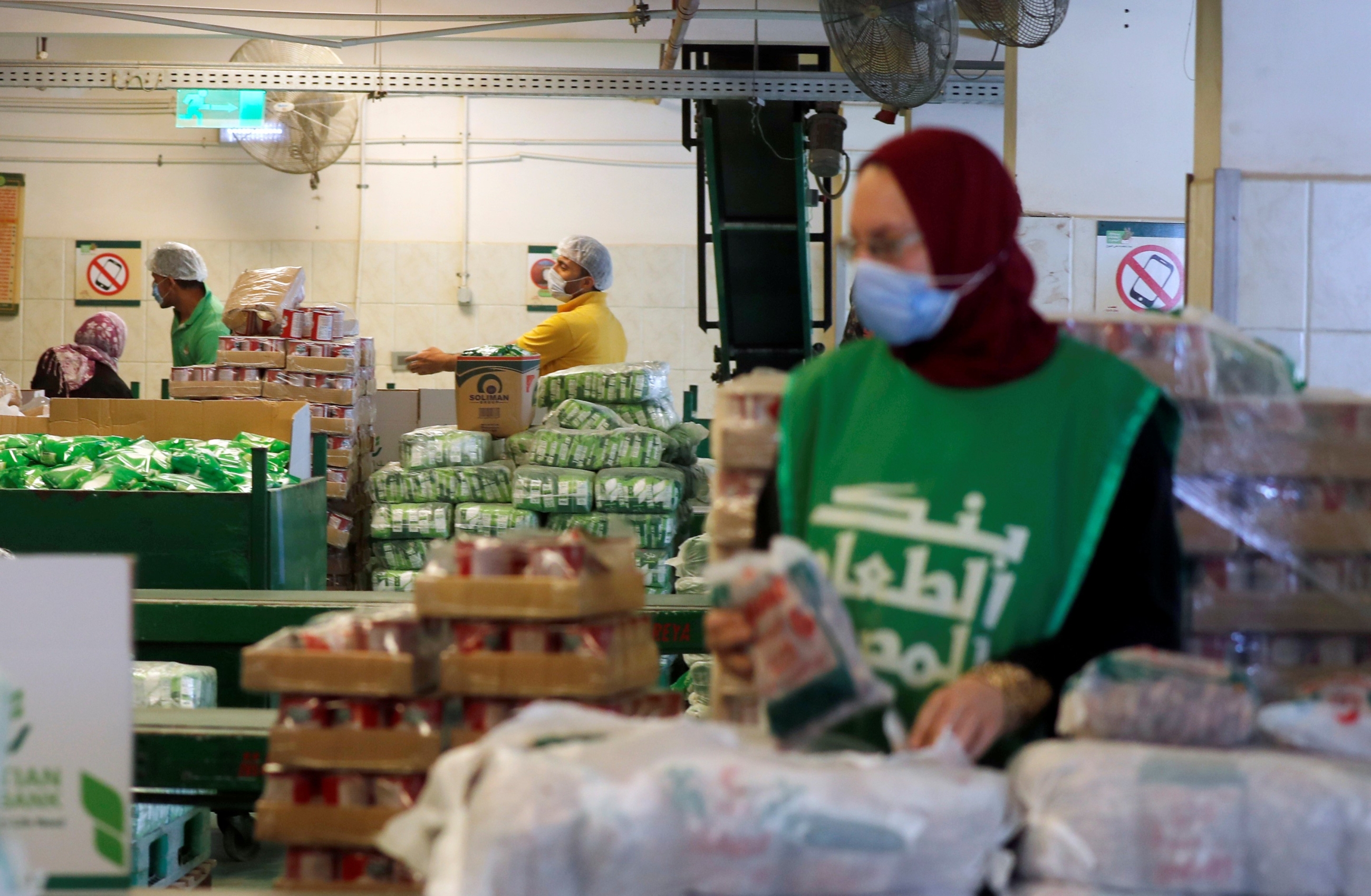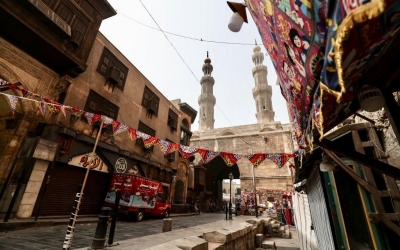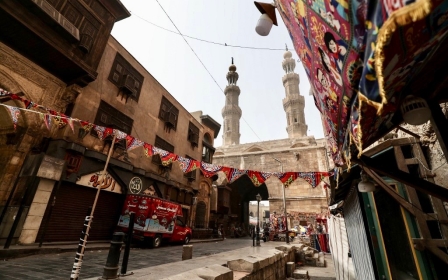Coronavirus: Survey shows collapse in Egypt economic activity

Egypt’s non-oil private sector activity collapsed in April, hit by a shutdown in the tourism industry, weakening demand and the imposition of a curfew as the government battled the coronavirus pandemic, a survey showed on Tuesday.
IHS Markit’s Purchasing Managers’ Index (PMI) for the non-oil private sector came in at 29.7 last month, down from 44.2 in March and far below the 50.0 threshold that separates growth from contraction.
It was the lowest reading since the survey began nine years ago.
“The reading signalled a severe decline in business conditions,” IHS Markit said.
The pandemic led firms to put in place large cost-saving measures, including labour reductions, and caused some to close altogether, IHS Markit said.
The coronavirus’s spread virtually shut down Egyptian tourism, which International Cooperation Minister Rania al-Mashat last week said accounted for five percent of gross domestic product.
The last scheduled airline flights to Egypt ended on 19 March.
Restaurants, coffee shops and hotels have also been shut down, and a curfew is in place from 9pm to 6am.
“Businesses lucky enough to remain open scaled back activity on a massive scale, as many highlighted sharp falls in domestic sales and foreign demand,” said IHS Markit economist David Owen.
IMF package request
The new orders subindex plunged to 14.1 from 40.2 in March, the worst reading in the last nine years.
Purchasing slid to 21.0 from 39.5 in March as companies drew down inventories in the face of uncertain demand.
The contraction in staffing, however, remained relatively subdued, with the employment subindex inching down to 46.1 from 47.0.
“Business expectations remain strong though, in fact improving since March, which may suggest firms will look to retain workforces for when the economy reopens,” Owen said.
Last month, Egypt announced it was seeking an aid package from the International Monetary Fund (IMF) to offset the economic impact of the pandemic
Middle East Eye delivers independent and unrivalled coverage and analysis of the Middle East, North Africa and beyond. To learn more about republishing this content and the associated fees, please fill out this form. More about MEE can be found here.





